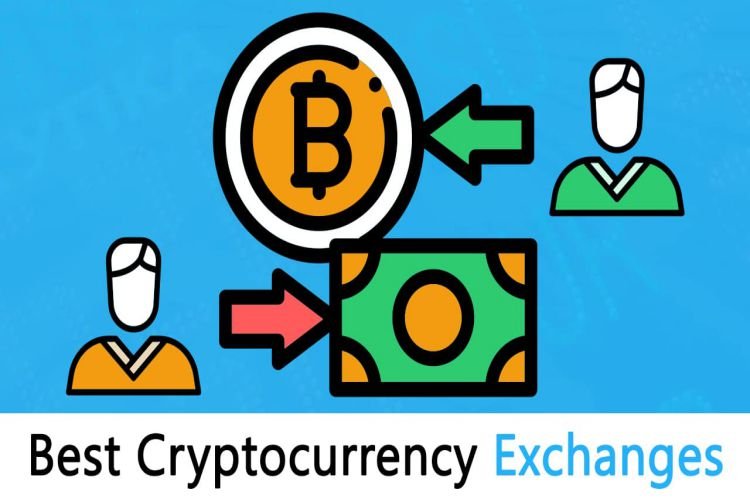 Purchasing cryptocurrencies has never been more accessible. However, investors must be aware of the sources of their digital token purchases if they want to ensure the safety of their funds. To begin to Invest in Bitcoin, at first, you have to choose an exchange platform. However, if you are new to this field and don’t have sufficient knowledge, you may end up choosing a platform that is unreliable and untrustworthy.
Purchasing cryptocurrencies has never been more accessible. However, investors must be aware of the sources of their digital token purchases if they want to ensure the safety of their funds. To begin to Invest in Bitcoin, at first, you have to choose an exchange platform. However, if you are new to this field and don’t have sufficient knowledge, you may end up choosing a platform that is unreliable and untrustworthy.
Below mentioned are some tips to follow when looking out for a Bitcoin exchange platform. Read on to know further.
1. The site of the transaction
A person should know where an exchange’s headquarters are located so that they can be governed by that country’s laws and legislative legislation—buying cryptocurrency from a “local” or home-based crypto exchange.
To save money on currency exchange, you should buy from a domestic currency exchange rather than a foreign exchange.
2. Compliance with KYC
Establishing an account isn’t enough for anyone in India who wants to invest in cryptocurrency. Customers must go through the KYC process to cash in on their gains. The KYC process is short, and it ensures that financial crimes will not be committed in the future.
3. Payment terms and conditions
The crypto market requires investors to fund their accounts, sometimes referred to as a wallet, to make investments. Net banking, UPI payment, debit or credit cards, or another digital wallet can be utilized to make a payment.
When making a purchase, investors must verify that the transaction is private. However, it is illegal in India to buy cryptocurrency using cash, and people are now trading Bitcoins.
4. Charges for currency conversions
Any exchange will not allow you to labor for free. As a result, the purchase will be subject to a cost. There may be a difference in the amount from one sale to the next and one token to the next or even both.
One digital token QPR may cost A Rs 10 and B Rs 20, depending on the pricing model employed by each party. The same is true for XYZ’s digital token, which may cost Rs 15 on A but be unavailable on B.
5. Availability of coins
Investors need to know how many tokens an exchange has and how quickly it introduces new permits. Tickets might be expensive for investors when a business is late, bringing them into their marketplace, and tokens no longer in use can be quickly disposed of through an exchange.
6. Confidentiality
Numerous exchanges may be found throughout the country, and many newcomers hope to join the competition. Finding a business that is open and trustworthy is essential.
Transparent exchanges provide cold storage addresses and audit information to check bitcoin reserves. Transparency for customers can be achieved through audits. The exchanges’ audit reports also reveal that they don’t operate on a fractional deal but rather have adequate liquidity.
7. Effortlessness of Commerce
Following a purchase, various exchanges may take varying lengths of time to send the digital tokens to your account, and it may also be different for each ticket.
Keep an eye out for any “locked-in” pricing, which means that the price you buy at, regardless of how long it takes your crypto tokens to arrive, will be debited to your account.
8. Confidentiality
Keeping one’s identity a secret is exceptionally challenging. Don’t forget to observe KYC and AML rules in your country before making a transaction.
Although your cryptocurrency provides you with the ability to remain anonymous, everyone is treated the same by the law. To facilitate communication, an exchange must know its buyer.
9. Security
Investors should extensively investigate both the exchange’s mobile and web-based safety and security procedures. Digital tokens should not be taken for granted because of their vulnerability to hacking and theft.
Whenever possible, investors should use HTTPS when transacting over the internet. In addition, investors should always use two-step authentication on mobile applications. Adding an extra step may take a few more seconds, but it will increase your level of protection.
Conclusion
Finally, financial investors should examine online reviews, talk to friends, and seek professional advice before deciding on a company. Forums on the internet provide accurate and honest information about the transaction. To create a robust community, investors must share their experiences with others.




